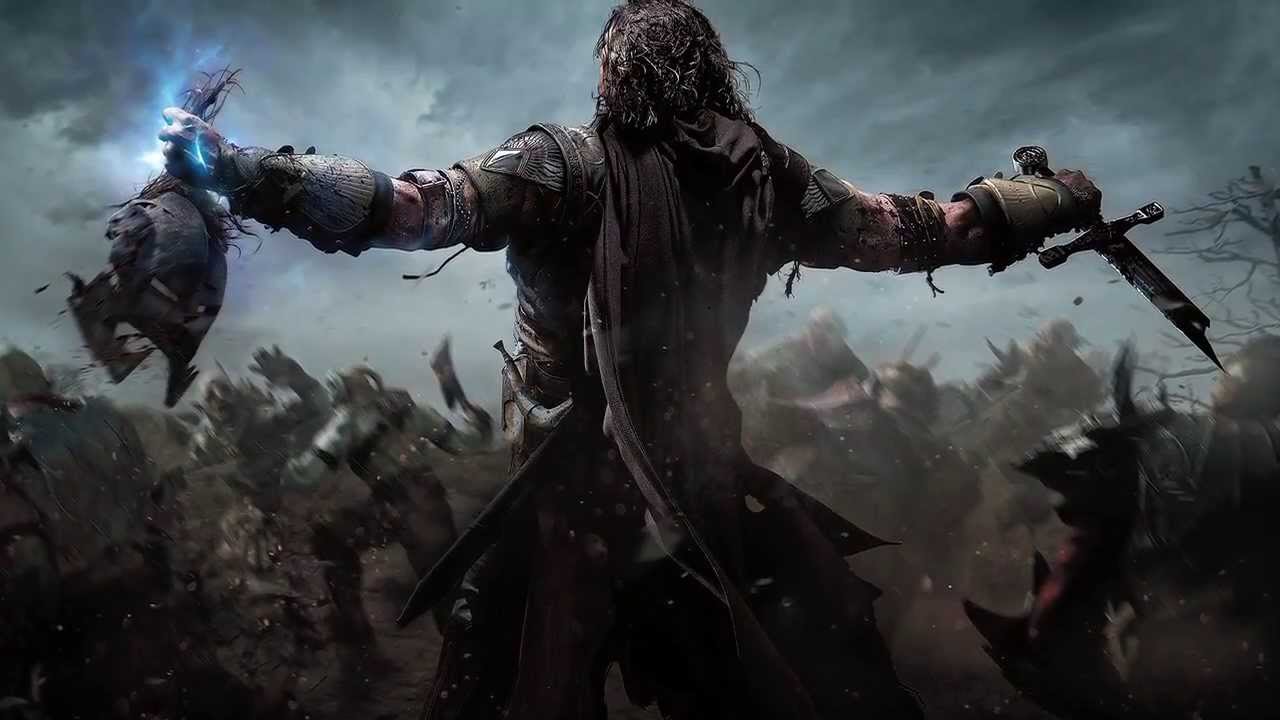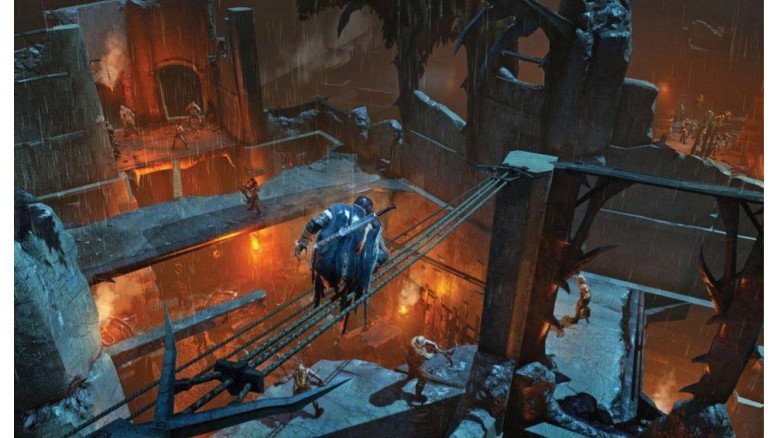Next-gen is being held back by last-gen, but Shadow of Mordor might break the chain
If you’re the early adopter type, sitting there with your Xbox One and your PS4 and your copies of Killzone and Ryse, you’ve seen some terrific examples of what the new hardware is capable of visually. Then again, for all their bells and whistles and particle effects, the in-game experiences aren’t that far off from what you can find in plenty of Xbox 360 or PS3 games. But if you’re afraid that’s all these new consoles are ever going to be good for, worry not. The truly “next-gen” games, the games that take full advantage of their expensive and highly advanced hardware, are on the way.
Middle-earth: Shadow of Mordor developer Monolith Productions told IGN today that they’re focusing more heavily on the Xbox One and PS4 versions of the game. Specifically, the game’s ambitious AI system, dubbed “Nemesis,” will be somewhat diluted in the previous-generation versions, because they’re just not quite equipped to handle it. Considering that the developers have specifically referenced the Nemesis system as the game's big, next-gen feature, this makes sense.

It comes as a slight surprise every time, but the fact that many games surrounding next-gen launches don’t astound with their visuals and mechanics makes a good deal of sense. There’s not much incentive to make groundbreaking stuff for platforms that don’t have a huge install base, so the inclination for developers is to make a game that will work great on the previous consoles, too. Around the launch of the PlayStation 3 and Xbox 360, we saw plenty of PS2 games upscaled to 720p. With the new consoles, we’re seeing a similar trend of games that look better, but don’t necessarily give us experiences we couldn’t have had with our newly obsolete hardware; hardware that, in case you're wondering, is still sitting in nearly 200 million houses around the world. Developers aren't just going to leave that potential money sitting on the table--not just yet.
With this news, Monolith is essentially purporting to buck that trend, and perhaps a bit earlier than expected. Last generation, it was a couple of years before we started seeing games that were decidedly better on all fronts. Games like Assassin’s Creed showed what could be done on the new generation of hardware, not just visually, but also with improved AI and gameplay systems that were only possible with greatly increased processing power. Climbing actual ledges? That's something the PlayStation 2 simply couldn't handle. Shadow of Mordor’s Nemesis system seems like it could be a similar jump.

For those unaware, Shadow of Mordor’s AI system promises more persistence with its enemies. The adversaries you face aren’t just dumb grunts who follow routines, they’re persistent characters who learn and change as the game progresses. Light an orc on fire and he might come back later, remembering the time you burnt his face off--hell, he might be horribly scared of fire. It’s an idea that’s full of promise, and should make players approach combat and stealth with more care. And because it’s running a constant simulation of all of these characters, apparently even when they’re not on-screen, it’s just too much for last-gen consoles: The Nemesis system is “just so huge in terms of content, calculations and AI we’ll just have to try and get as much of it in as we can,” design director Michael de Plater told IGN, referring to the previous-gen versions of the game.
That’s a vague quote, and as it stands we don’t know exactly how innovative or impressive the final version of Shadow of Mordor will be, or how dumbed-down the last-gen versions will wind up. Either way, it's certainly nice to see a developer commit to delivering never-before-seen experiences, if only so I can feel better about my exorbitant investments in all this so-called “next generation” hardware.
Sign up to the GamesRadar+ Newsletter
Weekly digests, tales from the communities you love, and more



